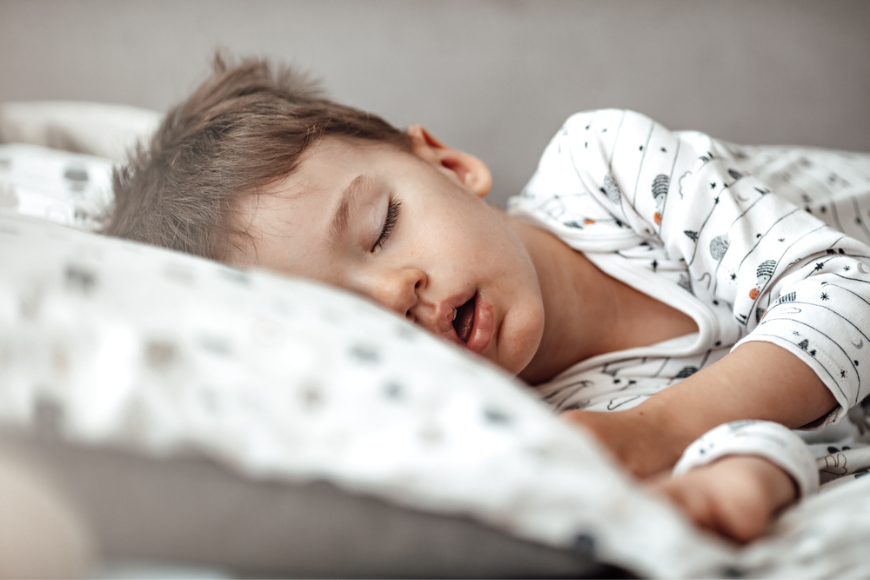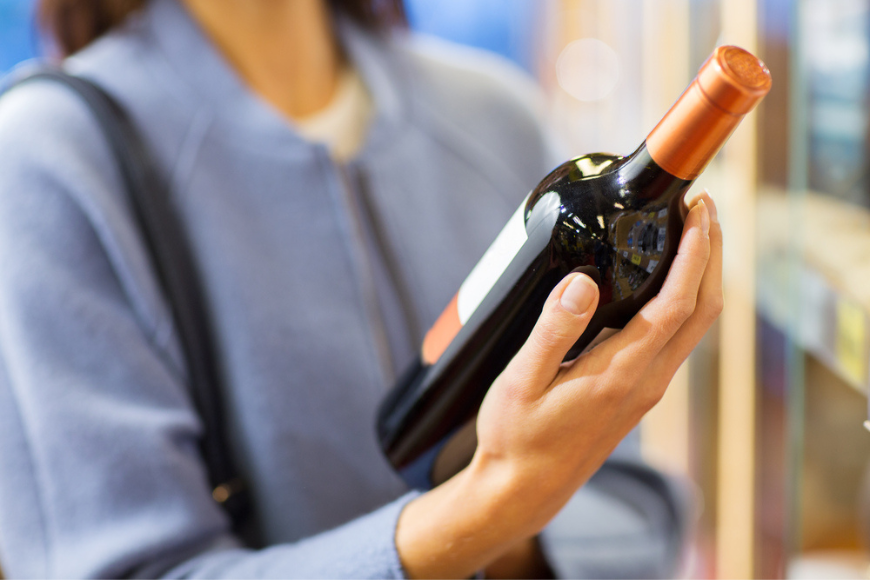Australia has strict policies regarding what items can enter the country to ensure the safety of their environment and agriculture - let's explore further with Santa Fe Relocation
29 October 2019
| Last updated on 19 January 2020
Due to Australia's strict policies when you import goods into Australia there will be a mandatory inspection (AQIS – Australian Quarantine Inspection Service).
During this inspection, they will check for any of the prohibited items or items that may be of risk. Make sure you avoid any of these items as this will hold up your shipment and you will be charged for this delay/management of the items.
If you did bring any items like this then you would need to declare the items to customs for inspection. If these items pose a risk, you would have the option for the customs to treat the items (which can be very expensive) or for it to be seized and destroyed.
Your moving company should include the mandatory AQIS charge and also advise on which items are prohibited/be a potential risk.
What should I not take?
Your moving company will be able to advise on your specific items however, please see the below items that you cannot ship:
- Fresh fruits and vegetables
- Live plants and bulbs
- Prohibited and restricted seeds
- Unidentified seeds (including spices)
- Live animals (including pets) that require an import permit
- Biological products including some plant-based, herbal medications
- Unprocessed goods of plant or animal origin
- Soiled goods, or goods containing organic residues
- Goods knowingly infested with pests or disease
Some items are not prohibited but have high restrictions such as food items, beeswax, items in contact to live animals/biological products and untreated wooden. Some of these items can be fumigation or cleaned in order to be allowed access into Australia.
For fumigation please see the below examples:
- Timber/wooden furniture: First, check for any small holes or shavings under the items as this may indicate wood borers are present. If live timber pests are found on arrival, the furniture will require treatment at your expense.
- Heat bags: May require treatment if they are filled with seeds or plant material (which has to be listed in the packing list and customs)
- Decorations (e.g. Christmas decorations), artefacts, ornaments, picture frames, photo albums, handmade paper, potpourri, dried flowers: If any of the listed include pine cones, vines, moss, flowers, leaves, seeds, bark or any at risk material, it may require treatment or destruction at your expense.
Fumigation or destruction is typically quite expensive, so it is recommended that you do not ship any items that are at risk to avoid this surprise cost. You can also check with your shipping company or you can contact the BICON (Australian Biosecurity team) directly if you are concerned about a specific item.
SEE ALSO: Here Are the 4 Most Common Questions Asked About Shipping
What needs cleaning?
Other items may not be prohibited but may need cleaning before you can ship them. Depending on the items you are taking you may have a lot of cleaning prep work before the move. Below is a list of the regular items that must be emptied, drains, cleaned and dried before you even consider packing them in the container.
- All used equipment and machinery (e.g. barbeques, lawnmowers and quad bikes): Drain all standing water, and ensure the equipment is free from contamination.
- Garden items (e.g. furniture, fencing, pots and ornaments, outdoor toys, tools and implements): Remove all soil, animal and plant debris and thoroughly clean all surfaces.
- Animal items (e.g. beds and bedding, cages, tanks, saddlery and grooming equipment): Wash and vacuum animal bedding, and clean grooming equipment/cages to ensure all residual pet hair has been removed, drain and clean fish tanks.
- Waste bins, brooms, vacuum cleaners: Remove all waste, thoroughly clean the equipment and empty and clean vacuum cleaner bags.
- Kitchenware: Ensure all containers and appliances are clean.
- Freshwater sporting equipment (e.g. jet skis, boats, wetsuits, gumboots and fishing tackle): Ensure they are completely drained and dry.
- Camping and sporting equipment ( e.g. including tents, poles and pegs, footwear, backpacks, pushbikes, cricket sets, golf clubs, climbing equipment): Thoroughly cleaned.
- Farm goods, vehicles and equipment (e.g. clothing, footwear, animal equipment, ATVs, tyres): Thoroughly clean and dry.
- Carpets, rugs and mats: Vacuum.
As you can see it is a rather long list with the potential of taking up a long time to complete. While you are sorting through the items you are considering shipping it may be worthwhile to consider the time and cost you would need to spend to ship the items. For example, for the smaller items like a pair of welly boots or some garden pots it may be easier for you to repurchase them in Australia rather than getting out the old toothbrushes to clean them.
Good to Declare
Any personal effects which pose a biosecurity concern (such as the listed items above) would need to be declared as well as the below:
- Cigarettes, cigars or Tobacco
- Alcoholic Liquor
- Motor Vehicle
- Goods that belong to any other person than you or those who accompanied you on your arrival to Australia
- Goods for commercial purposes
- Other goods owned by you for less than 12 months
This declaration must be completed before the goods arrive in Australia and can be done using the form Unaccompanied Personal Effect Statement (B534). Failure to declare at-risk items on the B534 can lead to prosecution under Australian legislation and heavy penalties.
Other
Depending on your country of origin the electrical items that you would like to ship may not be compatible/or need an adaptor. For the smaller items this may be inconvenient so you will need to decide if it is better to purchase the item again in Australia rather than including it in your shipment.
Length of transport
The transit time can have a big impact on when you should ship. This transit time will be dependent on where you are shipping from but from the UAE it will take around 7 – 8 weeks (using a sole container). If you need your goods to arrive by a certain date, make sure you let your moving company know so they can work out the best date to pack and ship your items.
If you're looking to move to the Australia from the UAE, use our promo code ‘ExpatWomenSF-AUS' for a 15% discount on origin services.
With over 120 years of global relocation experience and knowledge, let us make your move to the Australia hassle-free.
Authored by Gemma Barakat
Team Lead - Consumer Sales
Santa Fe Relocation





























































































![We Tried [u]bk's Lively Garden Brunch at Mövenpick JLT Dubai We Tried [u]bk's Lively Garden Brunch at Mövenpick JLT Dubai](https://cdnexpatwomanfood.expatwoman.com/s3fs-public/urban%20bar%20and%20kitchen%20brunch%20main.png)








































